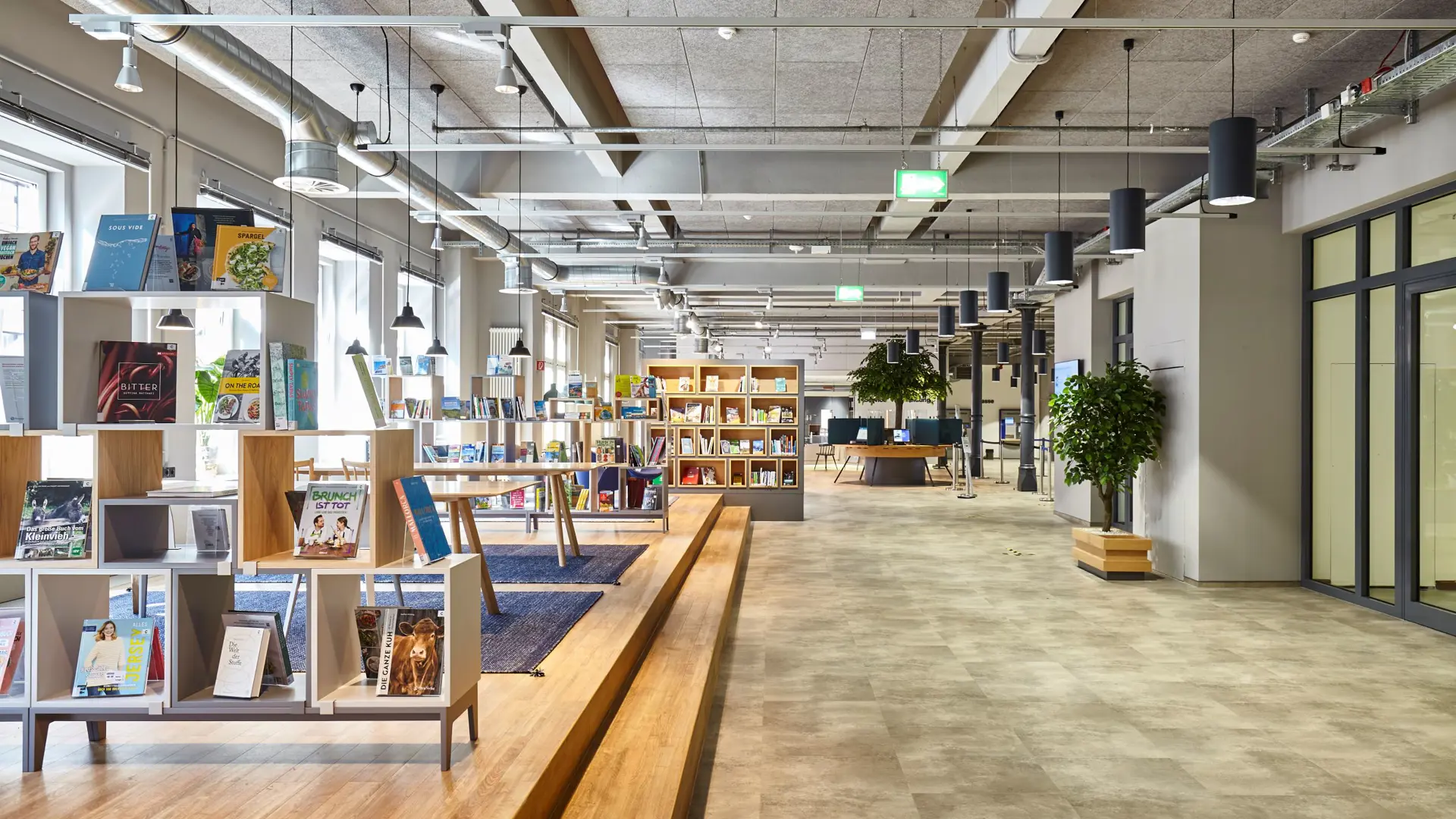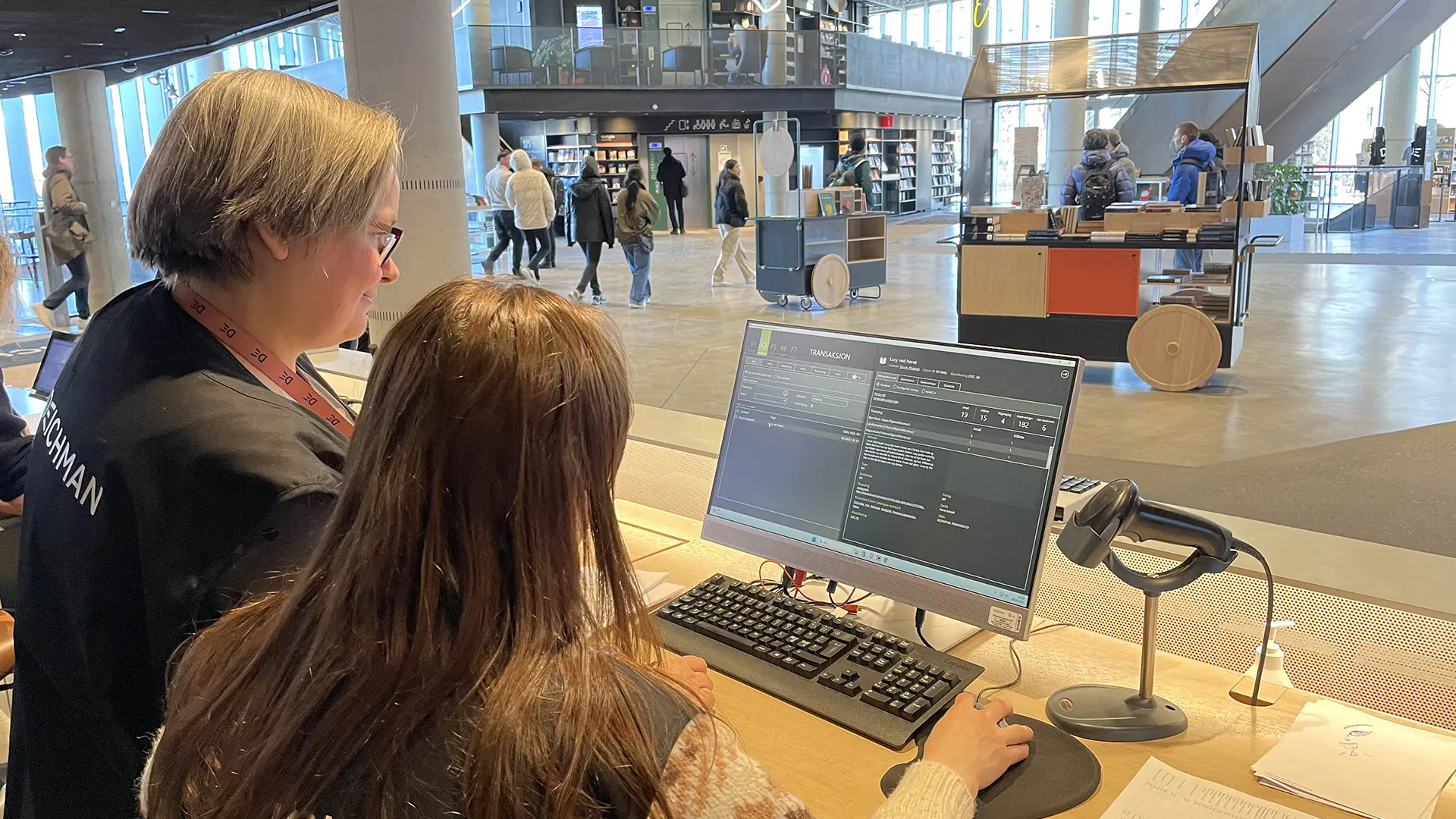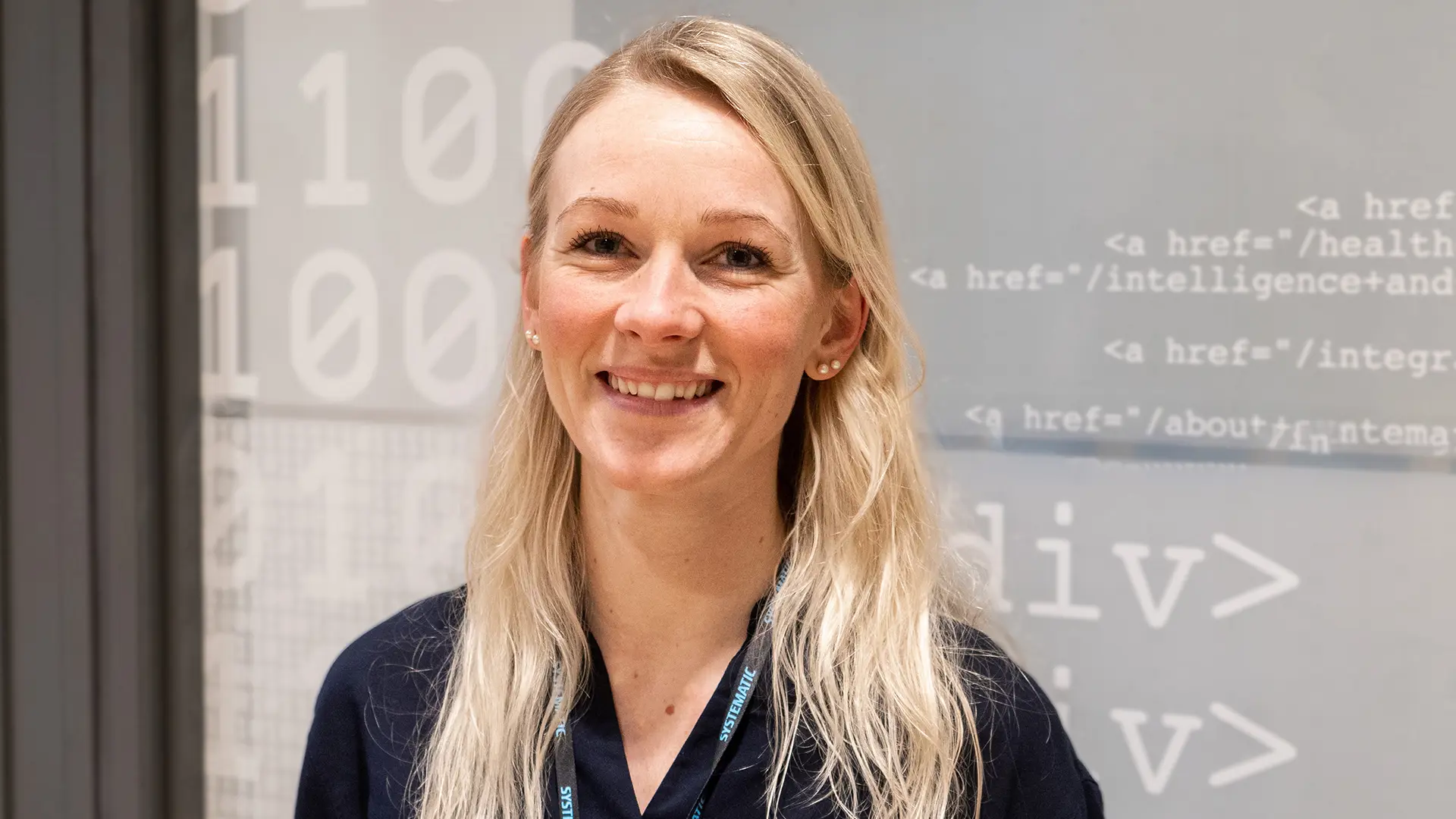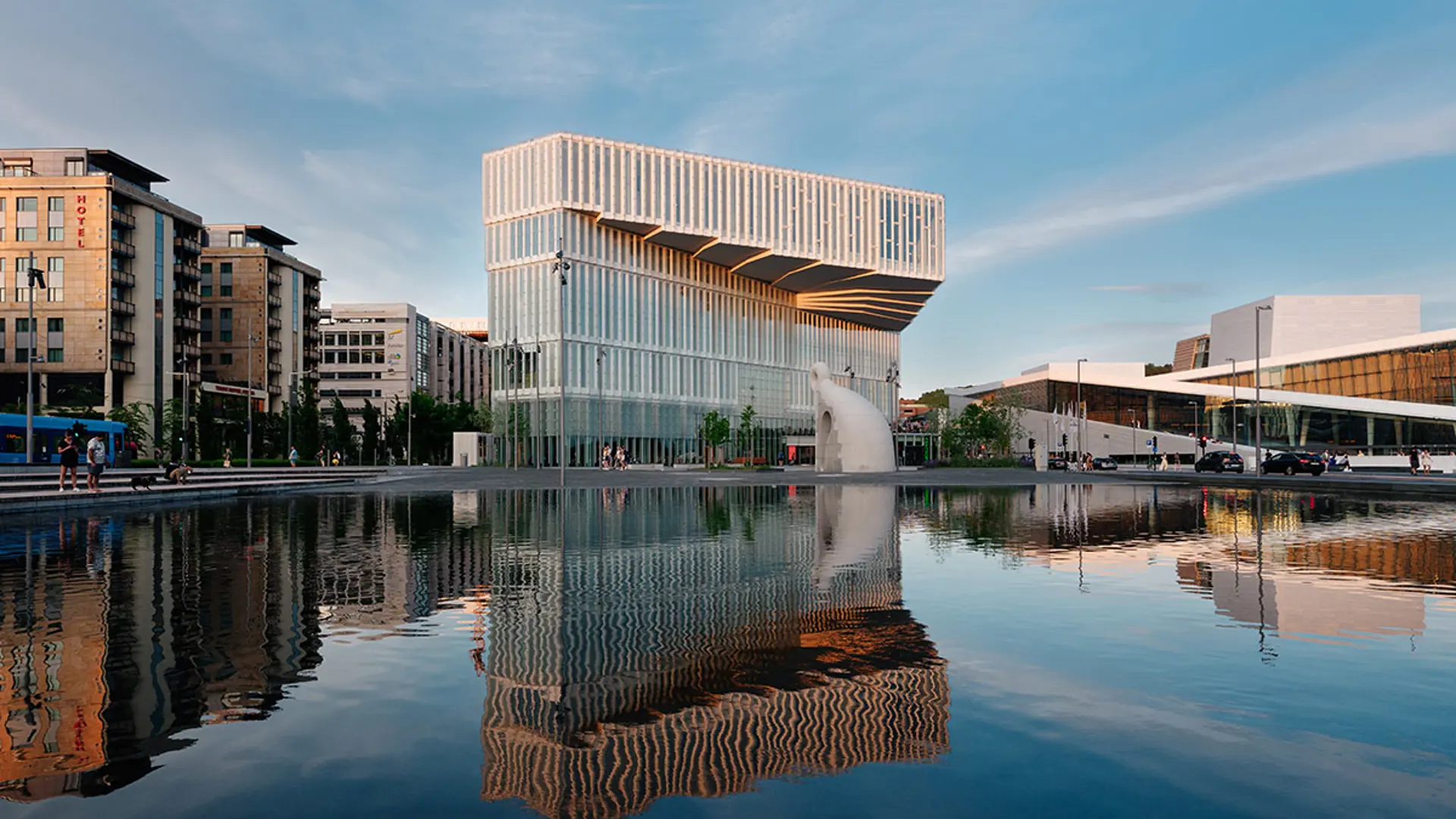Danish library system breaks new ground in Germany
After successful implementations in Norway and Sweden, Denmark’s Cicero system is set to modernise public libraries across Hamburg, marking Systematic’s first foothold in the German library market.
Cicero, which forms the digital backbone of Denmark’s Joint Library System (Fælles bibliotekssystem (FBS), continues its expansion across Europe. Following successful implementations in both Norway and Sweden, Germany is now ready to acquire the Danish IT solution.
Bücherhallen Hamburg has chosen to replace its 30-year-old library system with Cicero, making Hamburg the first German library customer for Systematic, the company behind the solution.
Bücherhallen Hamburg operates all public libraries in the state, and with 32 branches spread across the city, it is one of Germany’s largest libraries.
Thorough research before choosing new system

As part of the selection process, Bücherhallen Hamburg conducted extensive, widespread market research to ensure the new system would meet their needs.
“Bücherhallen Hamburg has always pushed the boundaries of digitisation and automation for our customers. For our new library system we looked for a future-proof solution to continuously develop our services and operations. With Cicero, we have found a product that we believe will enable us to do exactly that,” says Philipp Leist, CFO at Bücherhallen Hamburg.
Germany moving towards increased digitalisation of its libraries

At Systematic, the selection of Cicero in Germany is noted with appreciation.
“Our agreement and partnership with Bücherhallen Hamburg is our first major step into the German market, where many cities and states are currently facing challenges with old library systems that no longer support the growing demands for user-friendliness and security,” says Jakob Ilum Damsgaard, Director of Business Development at Systematic, who sees great potential for further growth in Germany, adding:
“There is a strong desire to foster collaboration at Bücherhallen Hamburg, improve overall service and user experience and streamline workflows. We expect this agreement with Hamburg will boost interest in Cicero across Germany.”
Danish partnerships key to global success
Since 2015, Cicero has been the joint platform for all Danish libraries, strengthening cooperation between municipalities and libraries, reducing costs and ensuring efficient day-to-day operations. Today, all 98 Danish municipalities use Cicero, making Denmark the only country in the world with a national IT solution for all its public and school libraries.
The development of Cicero in Denmark was carried out in close collaboration with the Danish libraries, the municipal IT organisation KOMBIT, and Systematic. This partnership has resulted in Cicero becoming an effective and scalable solution tailored to users’ needs, supporting libraries and lending points of all sizes. Thus, Cicero is used everywhere, from mobile libraries and school libraries to the large public libraries in Copenhagen, Aarhus and Oslo.
German adaptation and rapid implementation
As part of the contract with Bücherhallen Hamburg, Systematic will also deliver a range of German-specific adaptations and integrations, including a mobile app and a web-based self-service solution for patrons. These adaptations will support user fees in German libraries and provide patrons with easy access to the library’s digital resources, including e-books, via their smartphones.
The implementation of Cicero in Bücherhallen Hamburg is already underway, and all libraries are expected to be fully operational with the Cicero system within a year.

Facts about Cicero
Cicero is one of the world’s most advanced library systems. Developed by the Danish software company Systematic in 2015, it is currently used by all public and school libraries in Denmark, as well as libraries in Norway and Sweden. Notable customers include Copenhagen Public Libraries, Aarhus Public Libraries and the Deichman Public Libraries in Oslo.
Cicero is a comprehensive software package specifically designed for modern libraries. Its Software as a Service (SaaS) model ensures that the solution is continuously updated and maintained.
Cicero also enables seamless workflows such as acquisitions, material handling, loan management and overall system administration. The solution features an adaptive, web-based user-interface, allowing users to access Cicero via a smartphone, tablet or PC. Additionally, Cicero includes a business intelligence tool, providing libraries with valuable insights into their own data.
Cicero handles more than 12 million unique users a year and approx. 7 million active loans daily. The product is extremely stable, even when accessed by around 100,000 unique users each day.








